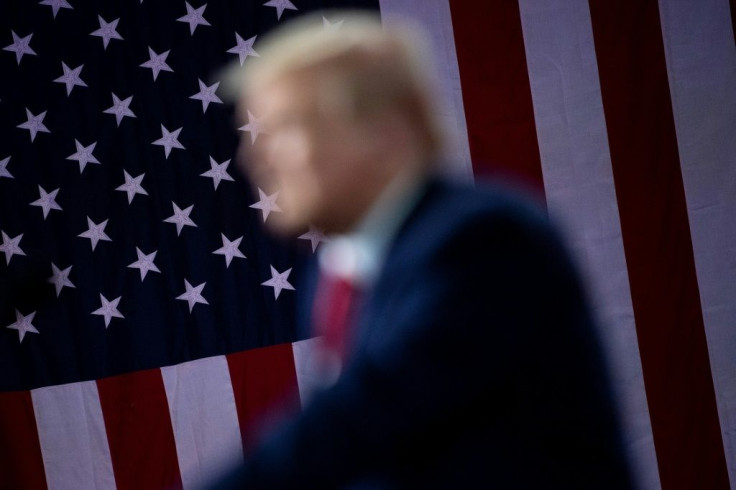Trump's 2016 Team Accused Of Deterring Black Americans From Voting
Donald Trump's digital campaign team tried to dissuade millions of African Americans from voting in the 2016 US presidential election, Britain's Channel 4 News channel alleged in a report broadcast on Monday.
The channel's investigative journalists said they had got hold of a file used by Trump's team four years ago that contains close to 200 million US voters who were put into different categories in order to send them targeted ads on social media.
Among those, more than 3.5 million black Americans were allegedly put into a category dubbed "deterrence" that aimed to push them to abstain from voting.
Channel 4 journalists said African Americans, who are by and large loyal to the Democratic party, were targeted by this strategy more than other communities.
In the state of Georgia, for instance, black people made up 61 percent of members of the "dissuasion" category when they only represent 32 percent of the population, according to the investigation.
"It was a strategy that preceded a collapse in the black vote in key states like Wisconsin," the report said.
Trump went on to win the election.

His 2016 digital campaign had included a team from British firm Cambridge Analytica, accused of having collected and used personal data of Facebook users without their consent for political purposes.
Brad Parscale, the campaign's 2016 digital director, insisted that his team did not target black voters.
"I would say I'm nearly 100-percent sure we did not run any campaigns that targeted even African Americans," he told PBS Frontline.
But Channel 4 News investigators said they saw a confidential document in which Cambridge Analytica recognised having targeted black Americans.
The report also said that negative publicity was used to discourage people from voting for Hillary Clinton, Trump's rival in the 2016 election, where the Democrat candidate described young blacks as "superpredators" in videos viewed by millions of people on Facebook.
"The thing that's shocking, slash troubling, about this is that there's this category of suppression," said Jamal Watkins, vice-president of civic engagement at US civil rights organisation the NAACP, quoted by the television channel.
"We use data -- similar to voter file data -- but it's to motivate, persuade and encourage folks to participate. We don't use the data to say who can we deter and keep at home," he said.
"It's a shift from the notion of democracy."
© Copyright AFP 2024. All rights reserved.





















